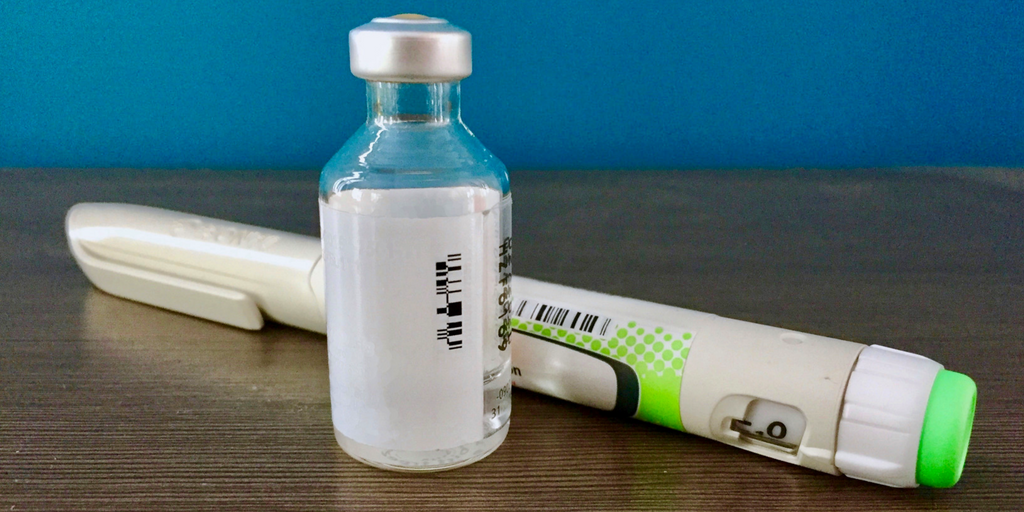
Most health care providers are terrible about sharing this, so I will instead: Needing to take insulin is not only normal, but it's a mostly inevitable step in the management of type 2 diabetes (T2D).
Let's start at the beginning. When you were diagnosed with T2D, your pancreas was only making about half of the insulin it once did. And, your pancreas (insulin factory) will continue to make less and less - even with the best treatment plan in place. Why then, is the need for insulin viewed as a personal failure of sorts, rather than a normal progression of your diabetes? It seems that this idea has been held hostage for too long, from a large percentage of people living with T2D. Let's set it free.
Ask questions of your health care provider. Encourage an honest, open dialogue about insulin before it becomes an unnecessary emotional burden for you. Needing insulin is not a personal fault, it's a medical need.
Insulin Needs a Paradigm Shift
A study in Clinical Diabetes, called Comparison of Insulin Dose Adjustments by Primary Care Physicians and Endocrinologists, found that three-fourths of patients who are >80% adherent in taking their multiple oral medications have A1C levels exceeding the American Diabetes Association's target level of <7.0 %, which points to the flawed ways T2D is being managed.
Here are a few concerning statistics for you:
- the average A1C when insulin is started ranges from 8.9 to 9.8%
- approximately two-thirds of patients on insulin don't reach A1C's <7.0%
Providers aren't just late to the game with starting patients on insulin, but they're also dragging their feet on making insulin adjustments. The moral of this research story is that you can do everything right, take everything that's prescribed for you, and you could still need insulin in the mix. Remember, insulin may be inevitable, but high blood sugars aren't.
Here are some important points to ponder.
- Does your provider seem reluctant to start you on insulin? (How long has your A1C been > 7.0%?)
- Do you have the impression they're using insulin as a treatment of last resort?
- What support services for education and communication do they have?
- Are you resistant to the very idea of starting insulin?
- If you're on insulin, are they reluctant to increase your dosing to capture better blood sugars?
If you aren't already communicating with your provider via alternative methods (beyond scheduled appointments) - inquire how to. Fifteen-minute visits every 3 months may not give you what you need. These quarterly appointments with your provider only stack up to a grand total of 1 hour per year! It's easy to cast blame upon the health care system that you're using. The truth is, no one wants you to fall through the cracks with your diabetes or have you feeling troubled with thoughts of self-blame. Be proactive. Be the squeaky wheel. Don't let your health run amuck “ get the attention your diabetes is desperately seeking; your body with thank you.

